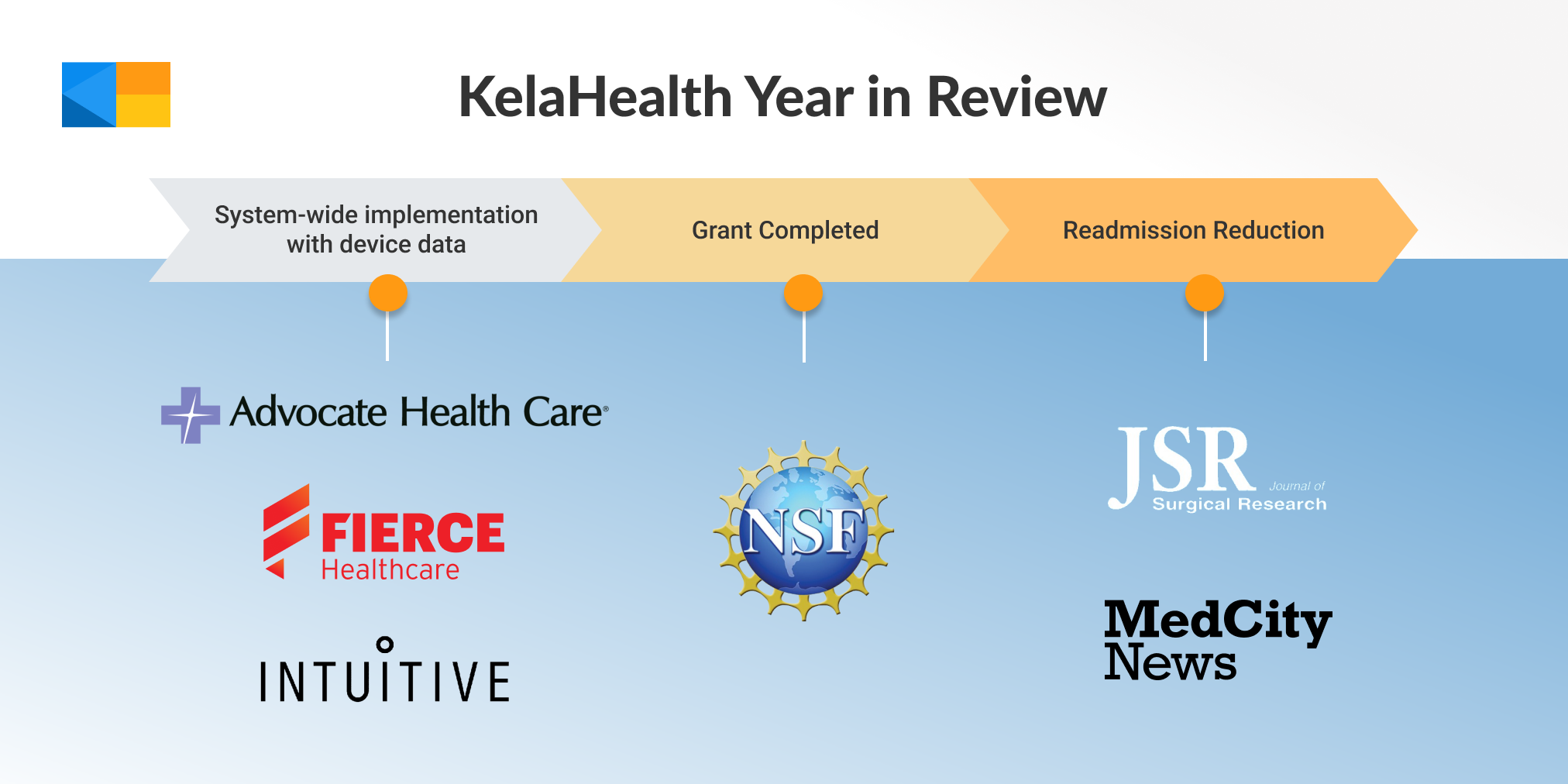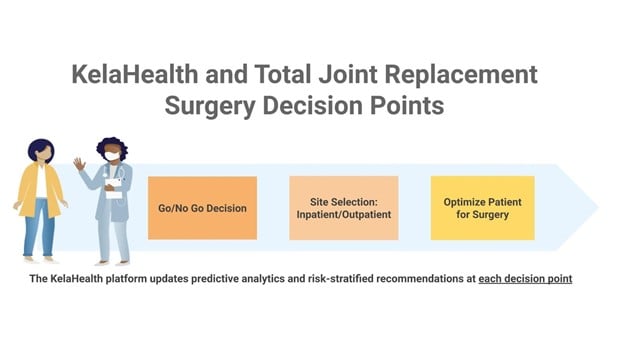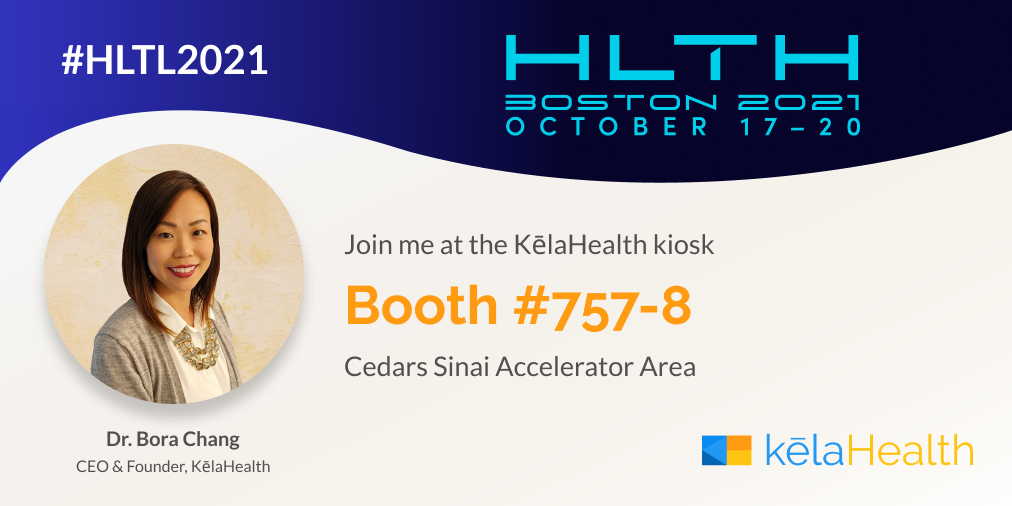How can you identify lower-risk patients and safely plan for outpatient surgery or less intensive post-surgical care?
By Joie Cooney, Head of Commercial, and Gina Della Porta, Director of Research, KelaHealth
Between March and May of 2020, U.S. hospitals lost a staggering $22.3 billion in revenues when elective surgical procedures were halted. While elective procedures resumed in many states, tens of thousands of surgeries have yet to be rescheduled. Due to the ongoing surge in cases due to the Delta variant, hospitals in COVID-19 hotspots such as Florida and Texas have again suspended elective surgeries to reallocate resources for COVID-19 patients. In states where elective surgical procedures are proceeding, many patients are still hesitant to schedule procedures due to concerns about the risk of virus transmission in the hospital setting. As cases increase in other states across the country, how will your institution adapt? In order to mitigate patient concerns and increase the volume of revenue-generating elective surgeries, healthcare providers must seek innovative ways to identify and address modifiable patient risk factors while prioritizing resources.
Many elective surgical procedures can be delayed, but delays to procedures such as orthopedic and transplant surgeries can prolong chronic pain and keep patients out of work, causing detrimental impacts to patient finances and quality of life. For example, in orthopedic patients experiencing pain and mobility issues, procedures such as total knee arthroplasty can be safely completed in outpatient settings for select patients; however, clinical teams are tasked with deciding which patients to recommend for outpatient surgery. Risk prediction models, including KelaHealth’s machine learning based platform, can alert surgeons to a patient’s relative risk for complications and identify ways to reduce risk, using a tailored approach that optimizes each patient for surgery. KelaHealth’s versatile platform can be applied to multiple surgical disciplines to equip surgeons with the information they need to make fully informed recommendations for their patients. Using the risk prediction platform can help hospitals to keep beds available for COVID patients while addressing a common barrier preventing patients from scheduling elective surgeries during the pandemic.
The KelaHealth platform predicts individual risk to identify patients who are suitable for inpatient surgical procedures but are less likely to require recovery in Intensive Care Units (ICUs). It also recommends ways to reduce risk and help to optimize patients for improved outcomes. Avoiding ICU admission keeps surgical revenues coming in for elective procedures while conserving ICU beds for the sickest COVID-19 patients. Additionally, patients can feel more comfortable scheduling elective surgery knowing they are unlikely to be admitted to the ICU.
Learn more about how KelaHealth can help your hospital schedule safe, efficient elective surgeries despite the recent COVID-19 surge here or contact Joie Cooney, Head of Commercial, at joie@kelahealth.com.




